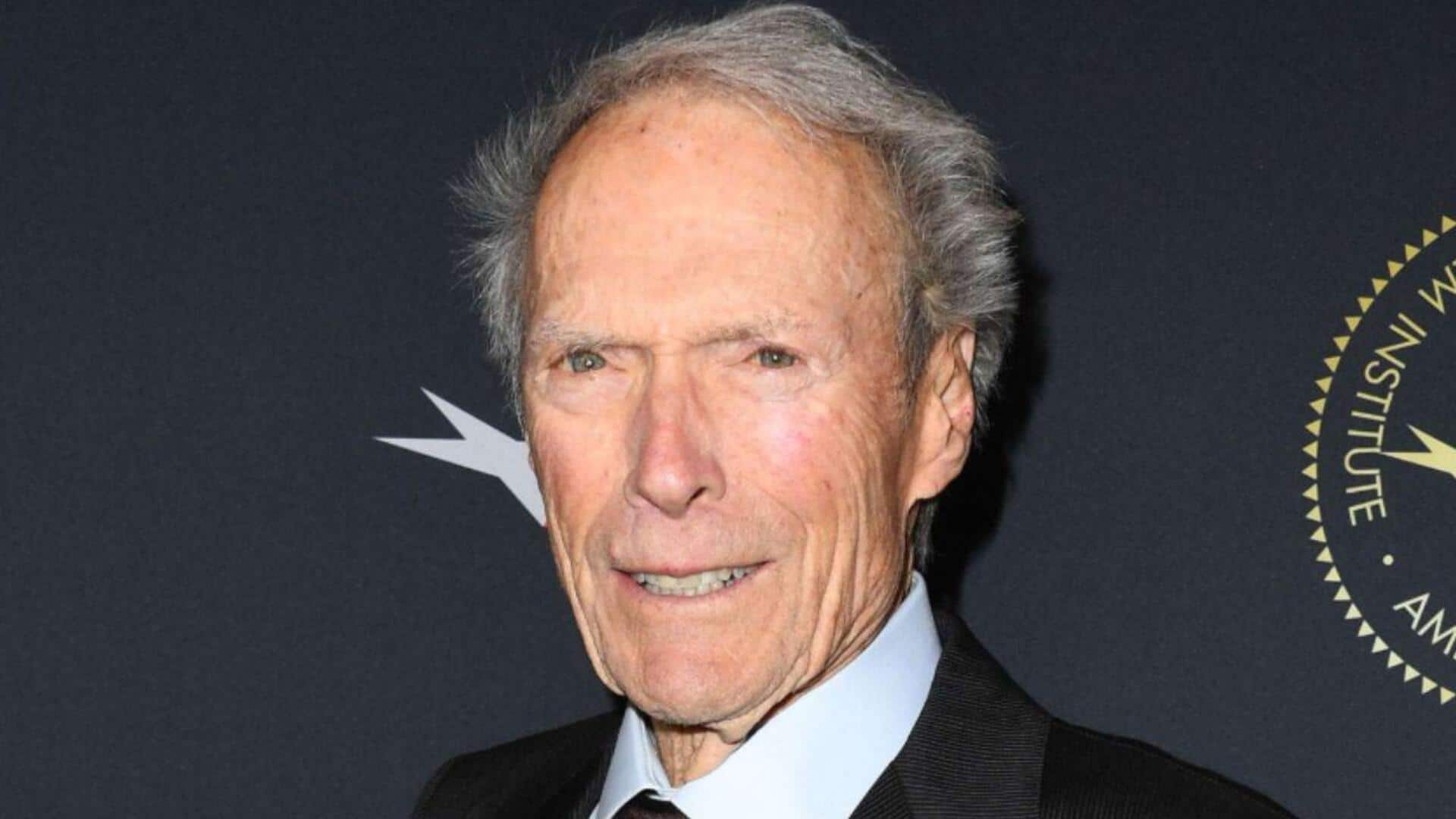
Clint Eastwood's iconic roles through the years
What's the story
For decades, Clint Eastwood has been an iconic presence in American cinema, illustrious for his array of roles and contributions to the industry. From his cowboy days in Westerns to directing and acting across genres, Eastwood's career has seen the evolution of Hollywood. Here's looking at how his roles have evolved, focusing on the major phases of his journey in U.S. cinema.
#1
'A Fistful of Dollars' and western stardom
Eastwood rose to prominence with A Fistful of Dollars, where he played the legendary "Man with No Name." The role made him a leading star in Western movies in the 1960s. The performance was defined by little dialogue and a powerful presence on screen, which became the defining characteristics of his early career. Not only did these films make him a star, but they also redefined the genre.
#2
Transition to detective roles
In the 1970s, Eastwood switched from westerns to detective roles, most famously appearing as Harry Callahan in Dirty Harry. This character became a calling card for tough cops on screen. The success of this film series proved Eastwood's ability to switch between genres and still keep the audience hooked. His portrayal oozed grit and determination, qualities which resonated well with the audience back then.
#3
Exploration into directing
By the 1980s and 1990s, Eastwood ventured into the realm of directing but never left acting behind. Movies like Unforgiven proved his prowess behind the camera, receiving critical acclaim and numerous awards. His directorial ventures frequently delved into intricate themes such as morality and redemption. It was also during this phase that people began to see him differently—not merely as an actor but as a filmmaker.
#4
Diverse roles in later years
In recent years, Eastwood has taken on more varied roles across different genres, including drama and biographical films like Gran Torino and American Sniper. These projects highlight his versatility as both an actor and director capable of tackling contemporary issues through storytelling. His continued success underscores an enduring relevance within modern cinema despite changing industry dynamics over time.